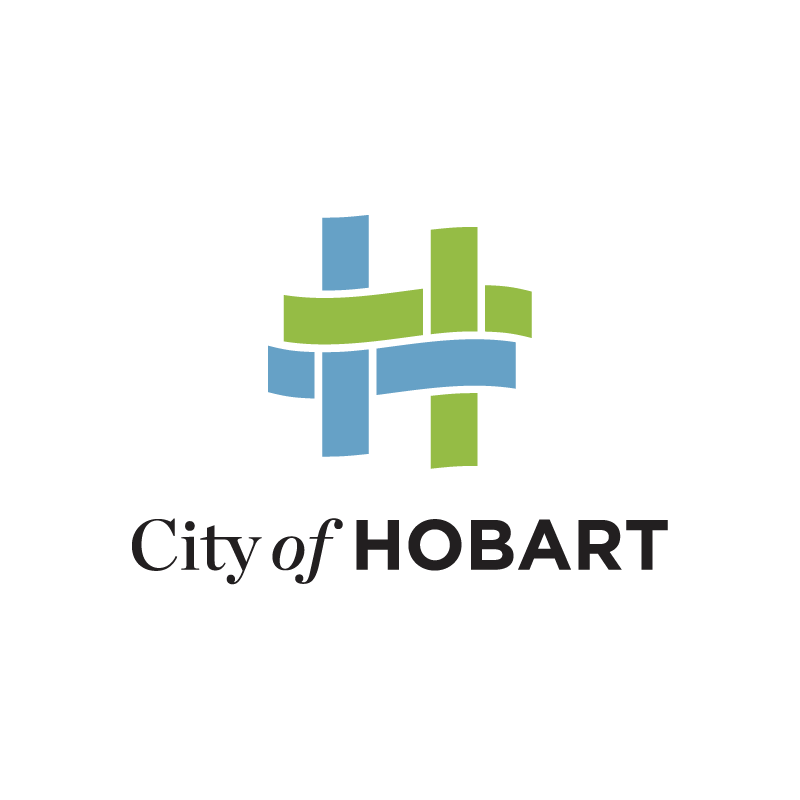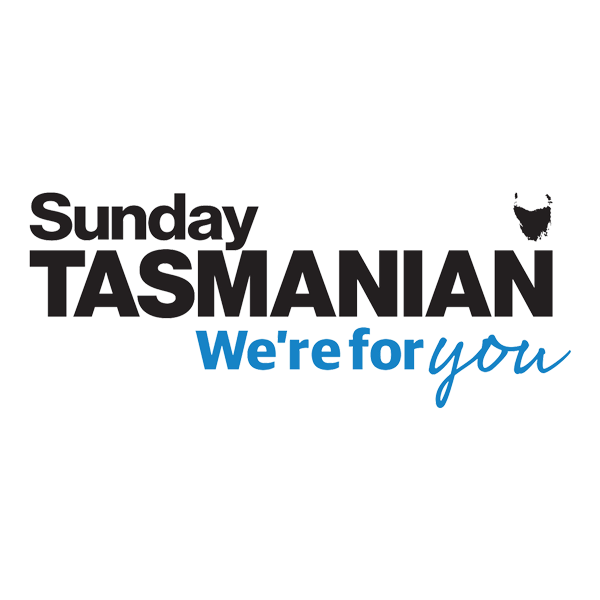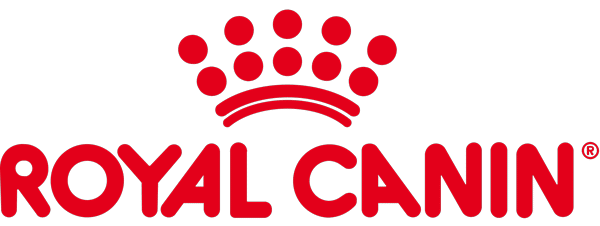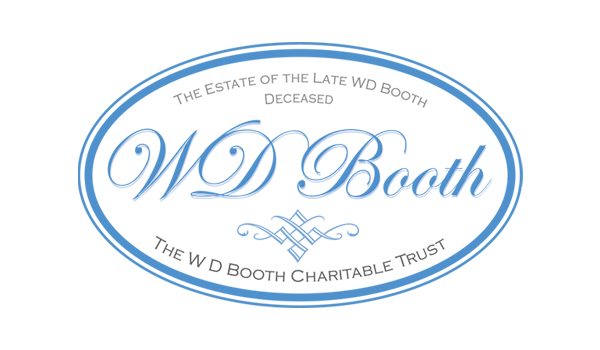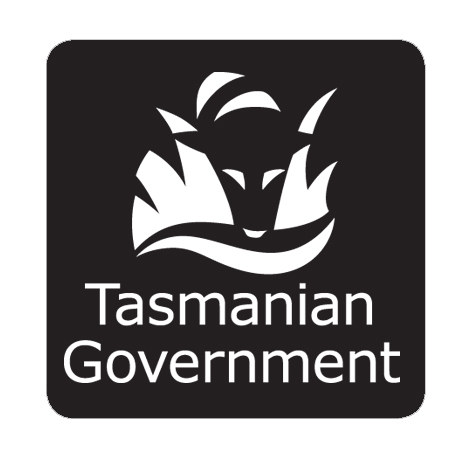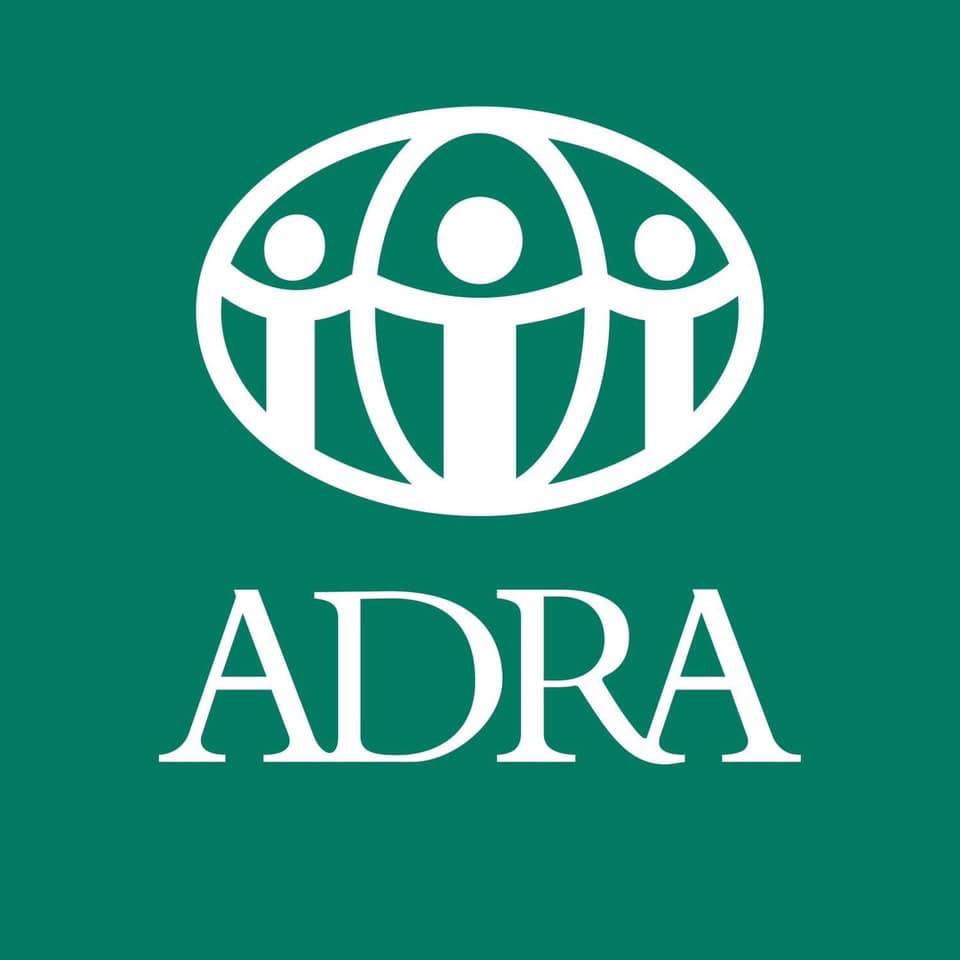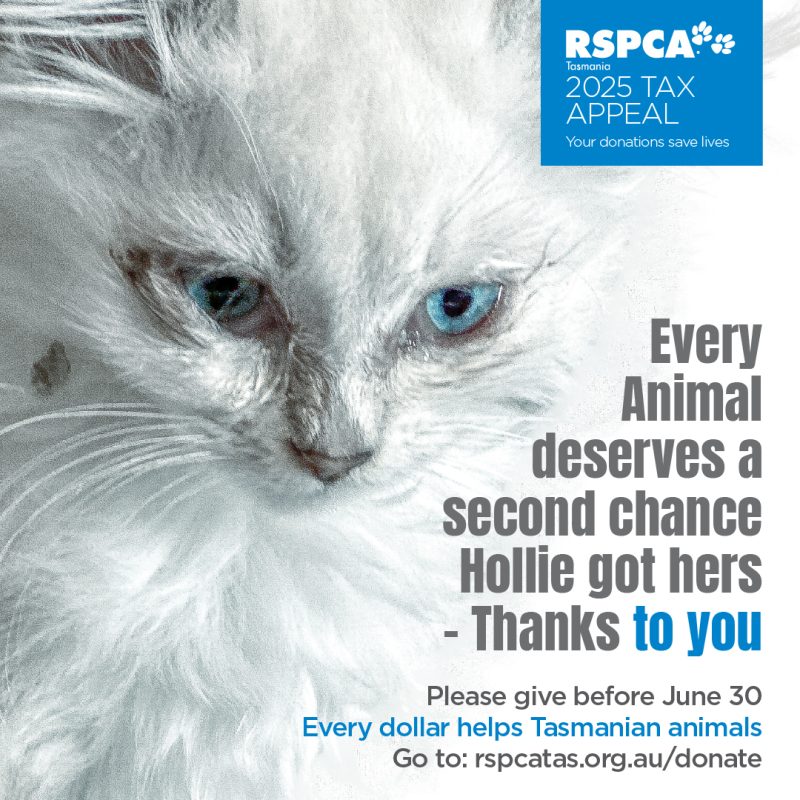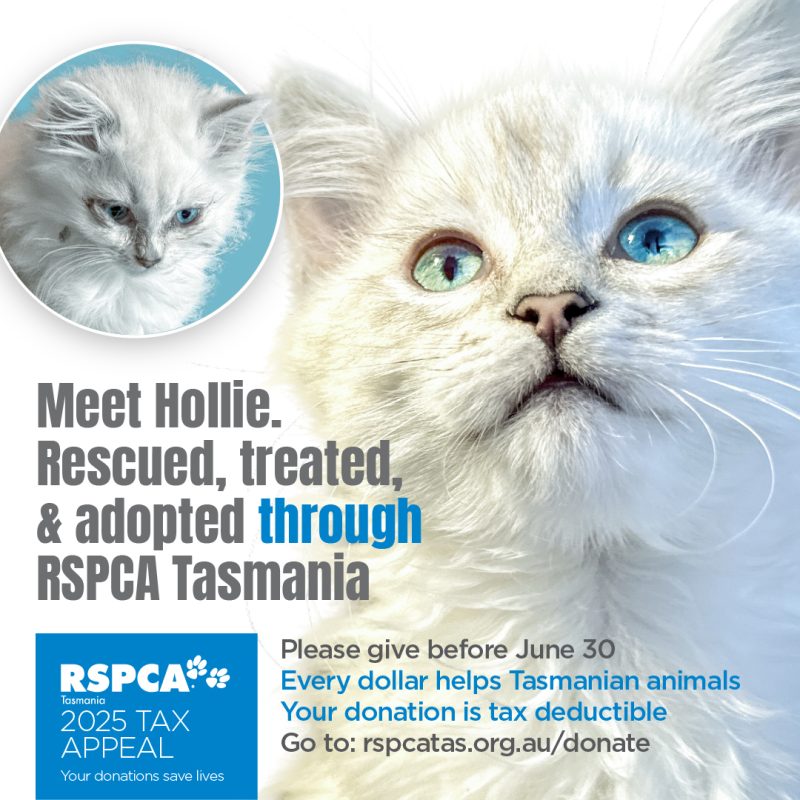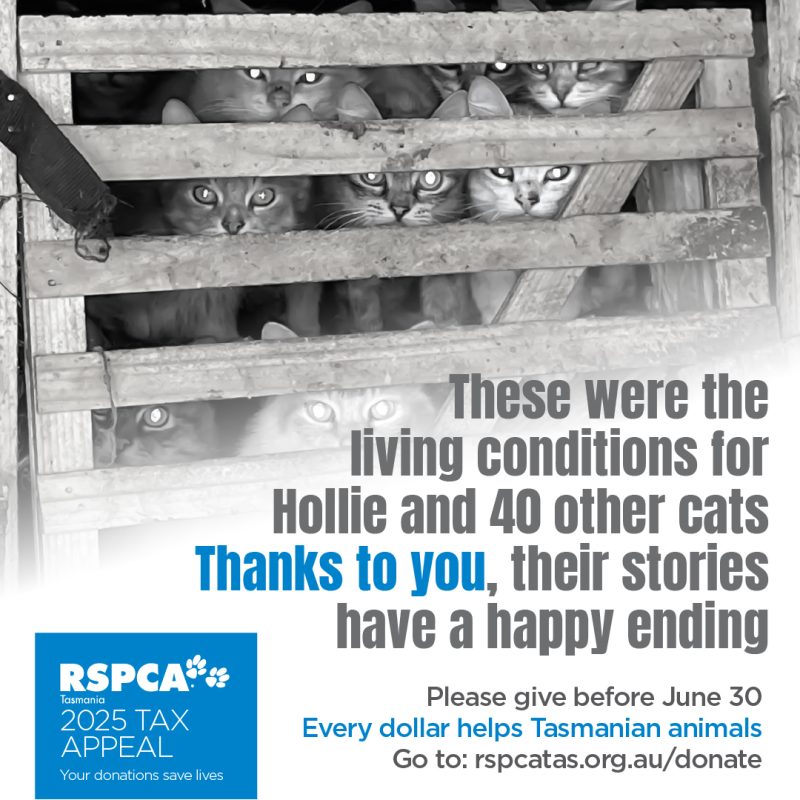You may not have noticed this, but the annual rodeo circuit is now underway in Tasmania. During these events, terrified animals are provoked, chased and wrestled to the ground — all in the name of entertainment. While horrendous cruelty is inflicted on all animals involved in rodeos, there is one specific event still taking place in Tasmania that could and should be banned.
Calf roping involves a calf as young as four months being chased by a rider, lassoed around the neck, jerked off their feet and often crashing to the ground before having their legs forcefully bound with rope.
A new paper published in the leading international journal for animal welfare has confirmed that calf roping is a terrifying and distressing event for the animals involved throughout all stages of this cruel rodeo event.
The study examined video footage of calves subjected to calf roping – a common event at rodeos – to identify whether well-known signs of fear and distress were present.
It was clear that calves showed signs of distress across all the phases of calf roping, from the animal being chased, lassoed and caught, right through to (and including) when they were released—clearly demonstrating that every part of this event is frightening and distressing for calves as young as four months.
RSPCA Tasmania Chief Executive, Jan Davis, said the study provides further evidence that calf roping is a frightening and cruel event that is arguably the worst animal welfare issue with rodeos today.
“We know that calf roping causes unnecessary and unjustifiable suffering to the animals involved,” Ms Davis said.
“This includes injury risks such as damage to the windpipe from the lasso, bruising and broken ribs from being violently yanked off their feet and being forced to the ground, and choking from the tightened rope around their neck and being dragged along the ground.
“On top of the physical injuries, calf roping is distressing and frightening for the calves. They are confronted with strange sights, loud noises, and are separated from other calves and literally run for their life as they’re chased by a rider on a horse.
While calf roping is common at many rodeos, it is increasingly seen as unacceptable – and the practice has been subject to recent legal challenges overseas, including in New Zealand and Canada.
Rodeo events are prohibited under animal welfare legislation in the ACT. They are effectively banned in South Australia and Victoria because of a minimum body weight of 200kg for cattle. However, calf roping is still legal in other states including Tasmania.
This report confirms that the case for legislative change is clear.
Sentience is largely accepted as the reason that animal welfare matters – and it is the reason we have animal welfare legislation. Calves are sentient creatures who can experience pain and fear.
An animal’s behavioural and emotional state is a crucial part of good animal welfare, and so it’s vital to consider this as well as their physical state.
World-renowned animal behaviorist Dr. Temple Grandin had this to say: ‘The single worst thing you can do to an animal emotionally is to make it feel afraid. Fear is so bad for animals, I think it’s worse than pain.’
“This study found that throughout the entire ordeal—chasing, lassoing, catching and restraint, leg tying and release—the calves in the video footage were showing what animal welfare science tells us are clear and well-recognised signs of fear and distress,” Ms Davis added.
“This is just further proof that calf roping cannot be justified in 21st century Australia, and that subjecting animals to such cruelty is completely out of step with community expectations. It’s no wonder that so many people are concerned about the welfare of animals in rodeos.”
“Until rodeos are banned in Tasmania, at the very least, calves should be spared the cruelty of calf roping events.”
“We are so much better than this.”
The paper can be accessed here:
MEDIA CONTACT
Jan Davis, CEO – RSPCA Tasmania
Mobile: 0409 004 228
Email: jdavis@rspcatas.org.au

